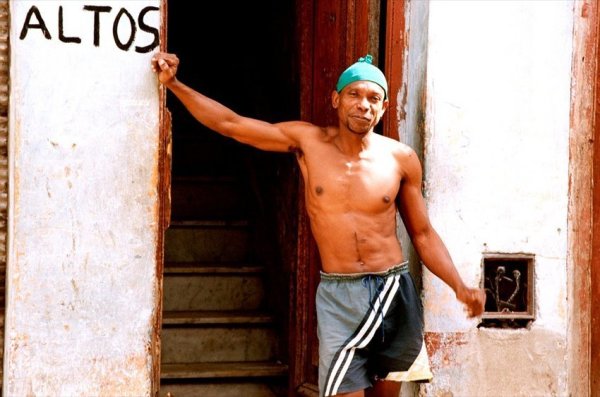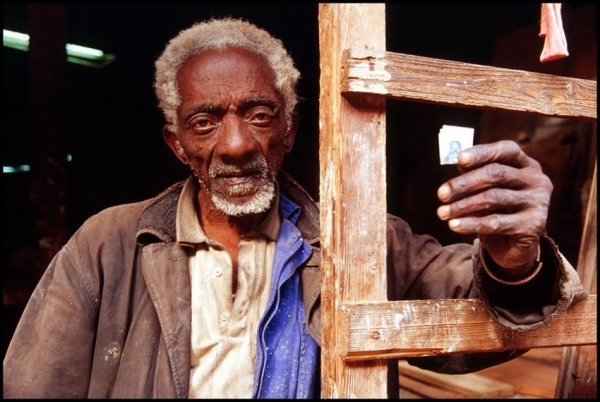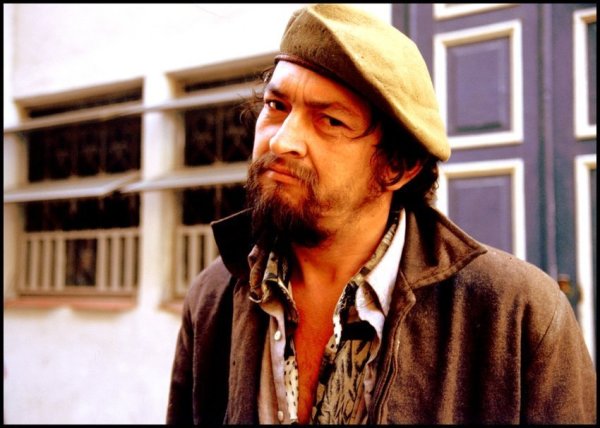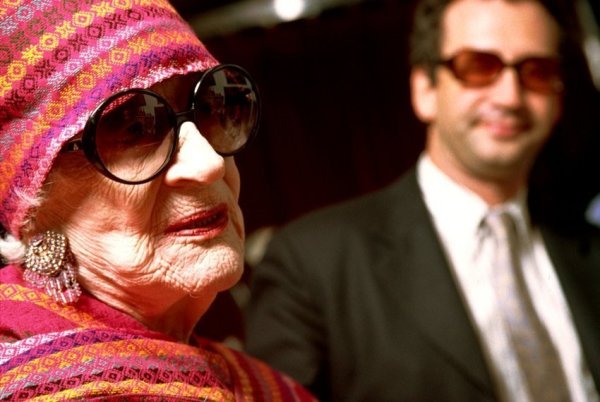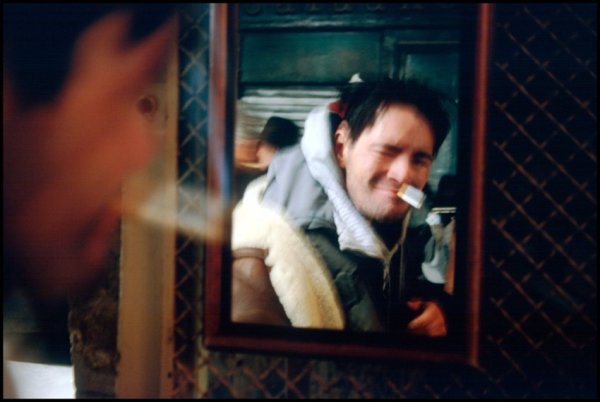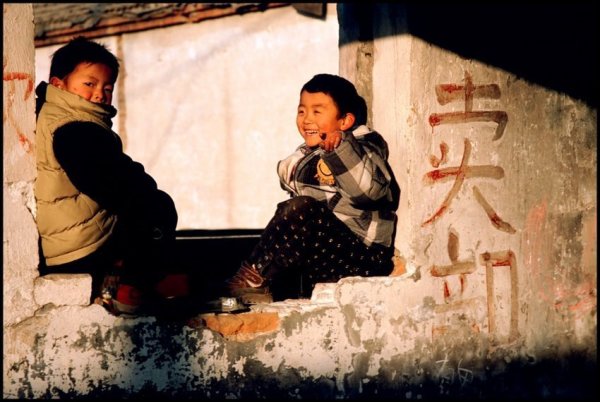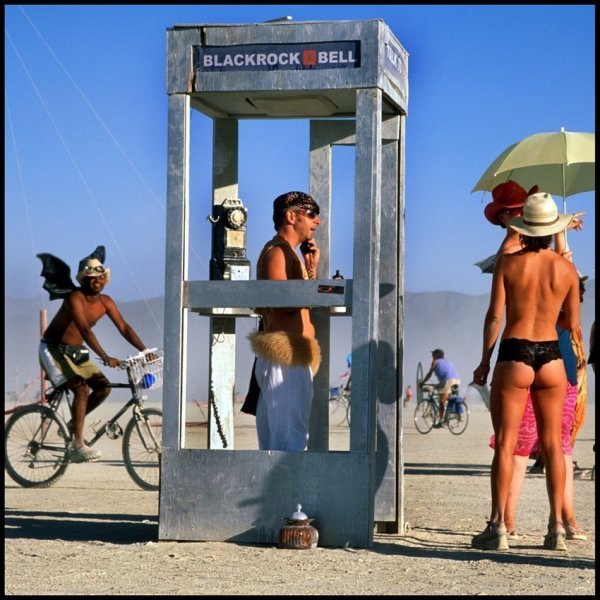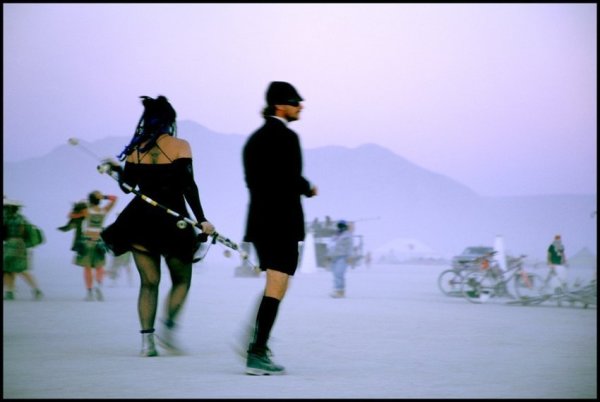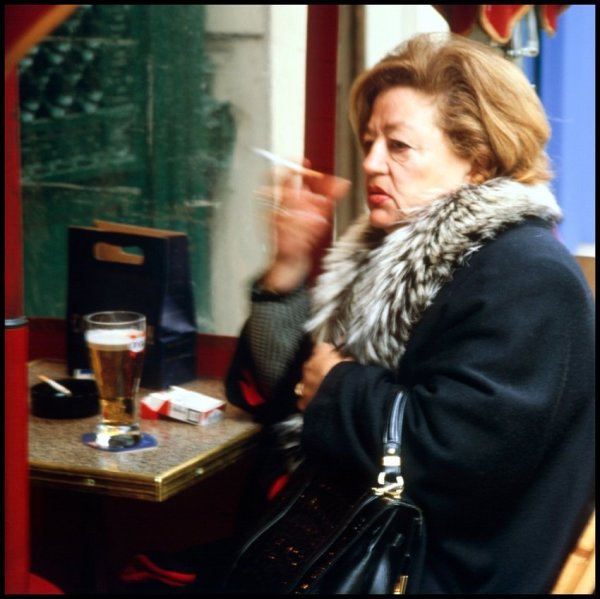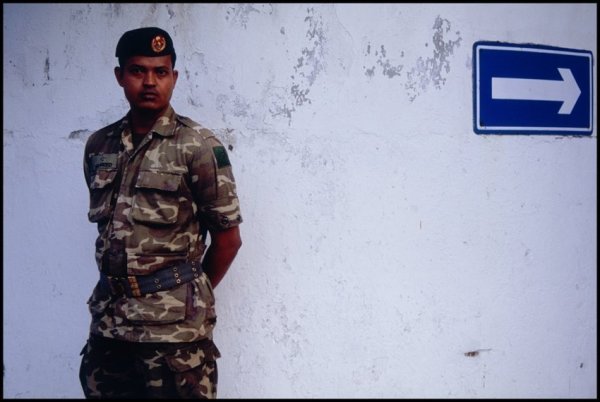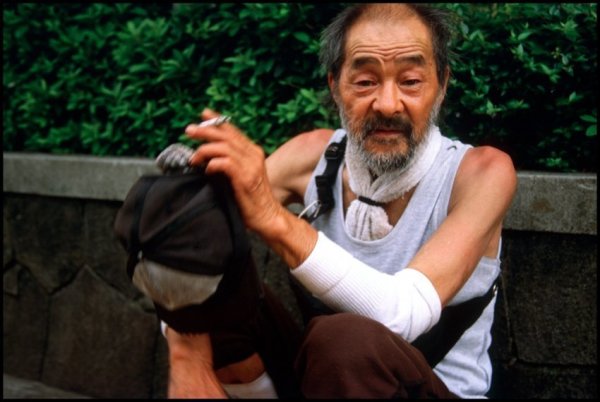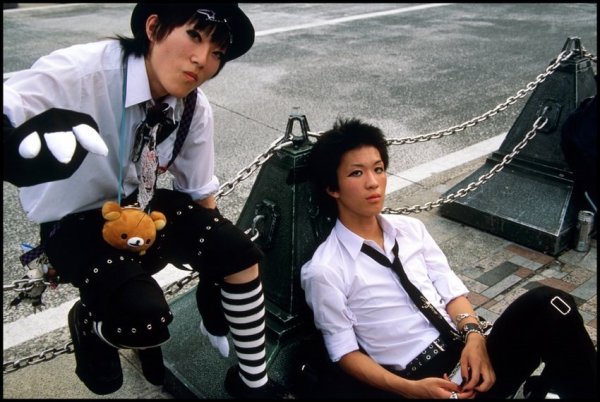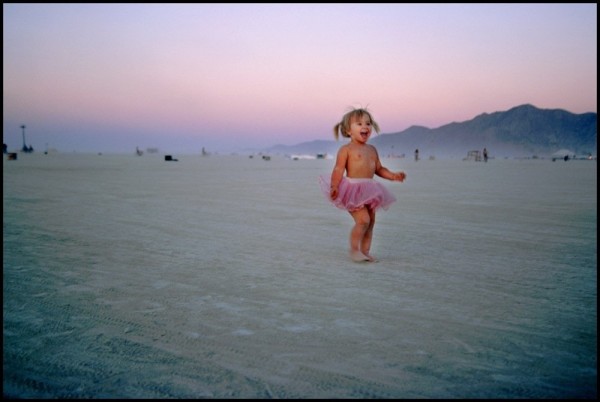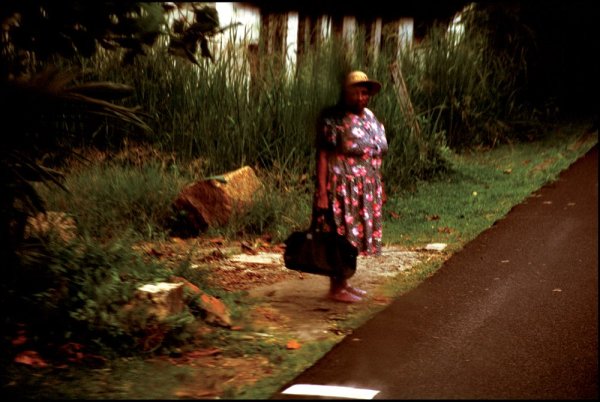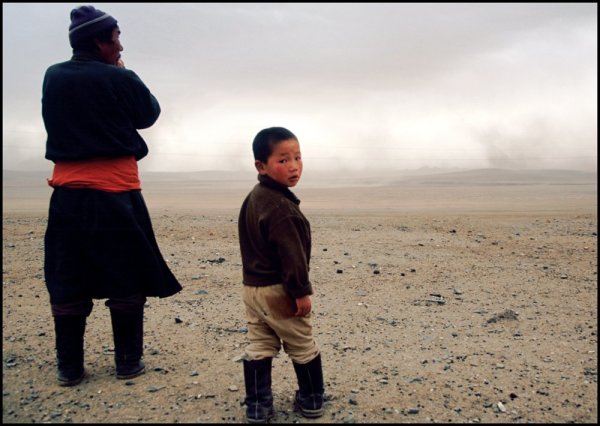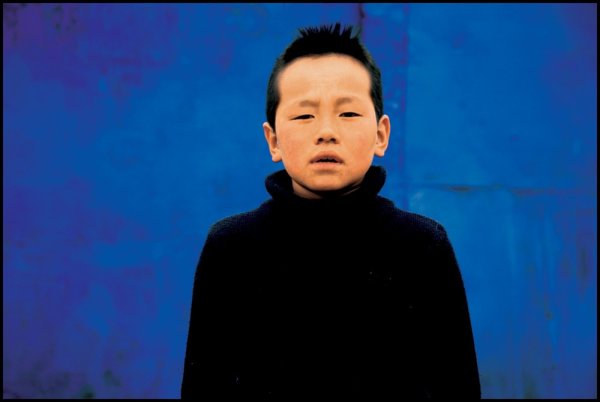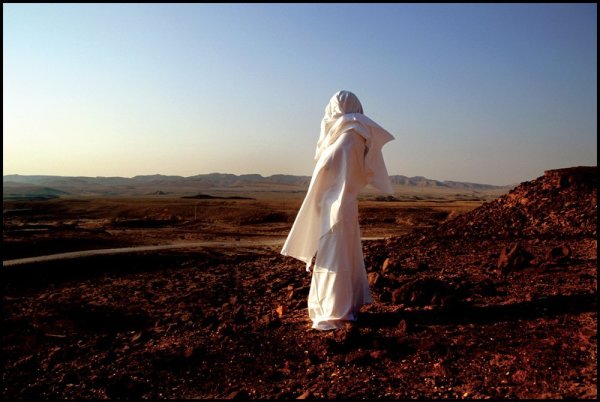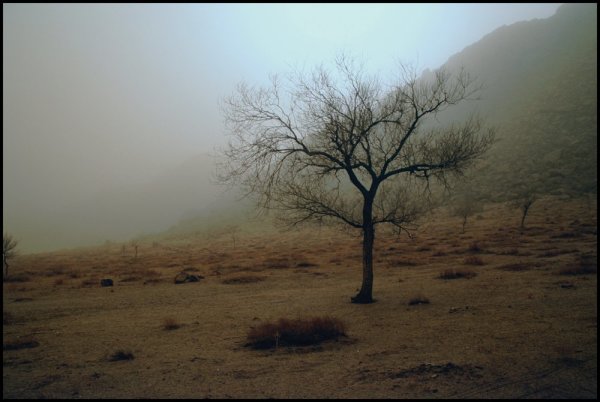This book is in many ways a personal exploration of early adulthood and almost a coming of age story of sorts, it is thus important to know a little about the author. After serving three years in the special forces of the Israeli army, and subsequently traveling extensively throughout the Far East and South America, Ohad moved to New York to begin his studies at Columbia University. The contrast between the comfort and care freeness of his adolescence, to the violence and outrage of armed conflict, to the exotic lure and enchanting peace of a village on a far away mountain forgotten by time, provided the context for him to start questioning himself and what he wanted, and what everyone else did for that matter…
Before long he switched his concentration from business and economics to visual arts and philosophy. We met soon after graduating when I moved to New York to open an art gallery. We've been very good friends since, so I've had ample chance to witness first hand much of Ohad's ideological journey, whether it be good old crazy life in New York or traveling around Shri Lanka to roaming the desert at Burning Man.
This three-part book strives to analyse what it is like to live our twenties in today's world. In a society where everything is at one's fingertips and people's wants and desires seem to be growing ever more contorted, it becomes increasingly difficult to find your place in the world without the eerie feeling of being manipulated into conformity. I think it's fair to say most people spend their twenties trying to figure out what they want to do with their lives, or at least witnessing what they do and do not want to become. Everyone wants to be happy, but few actually ever stop to question whether they are or not, or if whatever it is they're doing with themselves will ever even lead them there.
People become trapped in various frames of perception, whether they are born into them or think they're just trying to do the "right thing"; the world can become a very different place from one moment to the next when you chose to change the fundamental paradigms by which you interact with it. Just like beauty is in the eye of the beholder, some realities only become plain to you when they are unlocked by certain moments when you feel them profoundly and see them so vividly. These images are in a way a personal revelation, a collection of instances and sentiments that helped shape and express Maiman's sense of wonderment and unrest, and the pressing call for a freer more serene existence.
